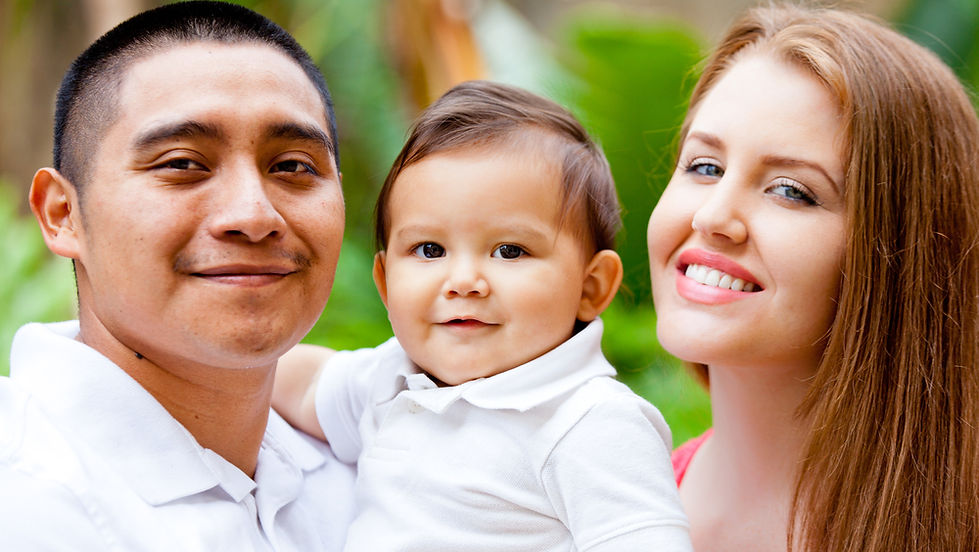Partnering with Latino/ax Youth and Families: Strategies for Understanding and Engaging for Child Welfare Profess... (1)
Wed, Mar 04
|Fred Finch -Training Center


Time & Location
Mar 04, 2020, 9:30 AM – 1:30 PM
Fred Finch -Training Center, 3800 Coolidge Ave, Oakland, CA 94602, USA
About the Event
Rosa Revuelta
Training Description
Latino/ax youth and families make up a majority of the families living in the Bay Area. Latino/a/x children are 25% of the child population and 21% of the children in foster care. There is a disproportionate number of Latino/ax youth in the child welfare system. Whether Latino/a/x families enter the various service provider systems by choice, not by choice and/or by need, many of these families need the support of case workers, social workers, social workers, and therapists. As service providers our understanding of their culture, their needs and the way that they need us to engage them will by a large determinant of their ability to have their needs met. This requires culturally competent practice. During this training participants will learn about the complex cultural diversity of Latino/a/x communities, how to engage them effectively and ways to put them into practice these strategies.
Learning Objectives
- Participants will define Major Depression and Persistent Depressive Disorder
- Participants will understand consequences and symptomatology of both disorders as it relates to youth
- Participants will explore treatment options, particularly with resistant clients.
Agenda
9:30 - 10:00 Intros
10:00 - 11:00 Diagnoses in this category: (DSMV page 155) (Articles + differences for youth)
1. Disruptive Mood Dysregulation
2. Major Depressive Disorder
3. Persistent Depressive Disorder (Dysthymia)
4. Substance/Medication Induced Depressive Disorder
5. Unspecified Depressive Disorder
6. Developmental Trauma Disorder (not currently in the DSMV)
11:00 - 11:15. BREAK (CEUs will not be issued for this time)
11:15 - 11:45 Digging Deeper into Causes
1. Social Media
2. Substance
3. Heredity/Brain Chemistry
4. Trauma
11:45 - 12:00 Treatment Options
1. Psychotropic Medication
2. Psychotherapy (examples include:) Cognitive Behavioral Techniques Dialectical Behavioral Techniques Relational/Group Sand Tray Art Music Talk Family
12:00 - 12:30 Case Discussions + Working with Resistant Clients
1. What does the research show about efficacy for medication, psychotherapy and resistance? (article)
2. Patience!
3. Case sharing
This course meets the qualifications for (2.75) BBS CEUs for LCSWs and MFTs as required by the California Board of Behavioral Sciences & is provided by Fred Finch Youth Center, CAMFT Provider #045295.





